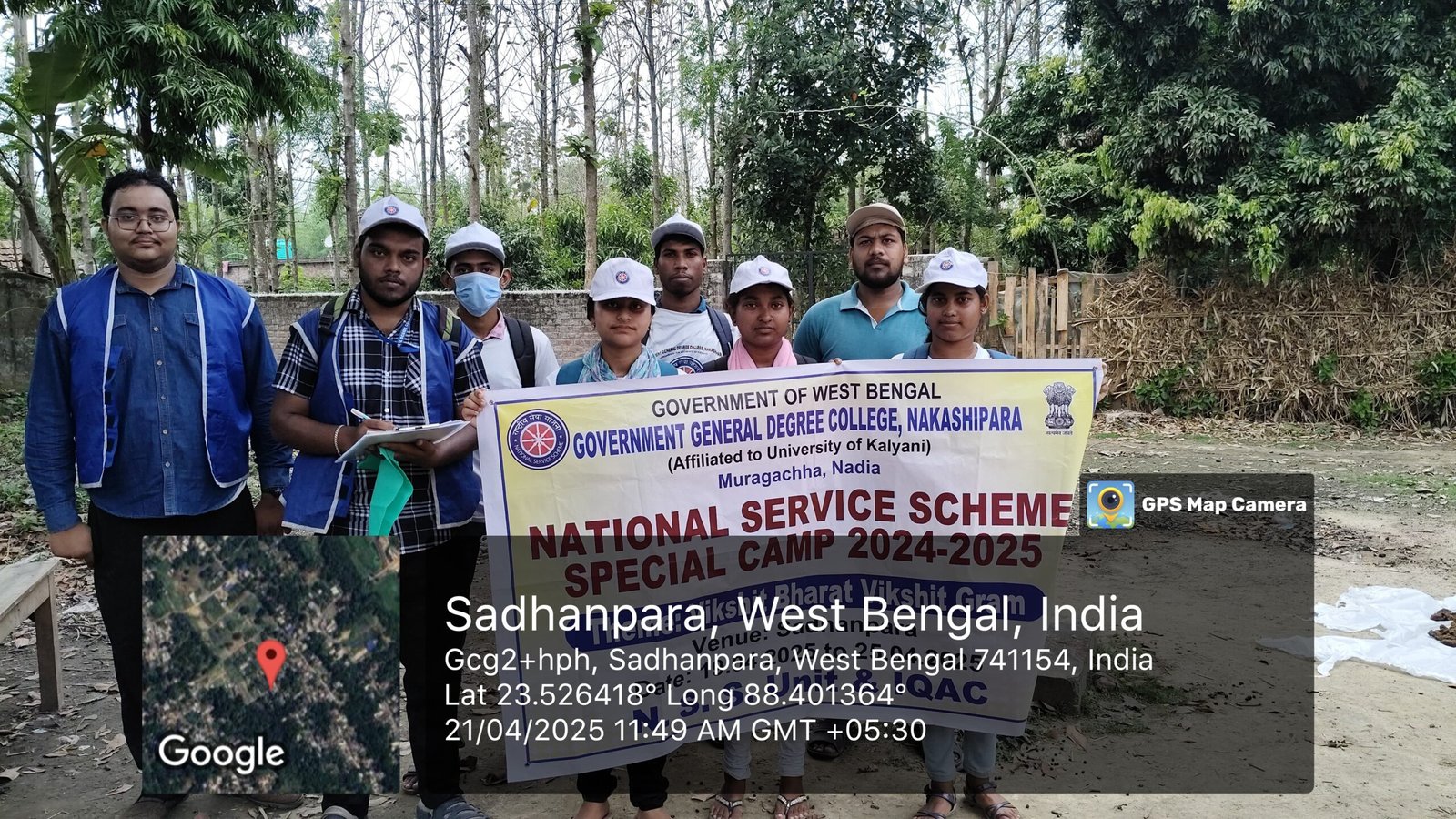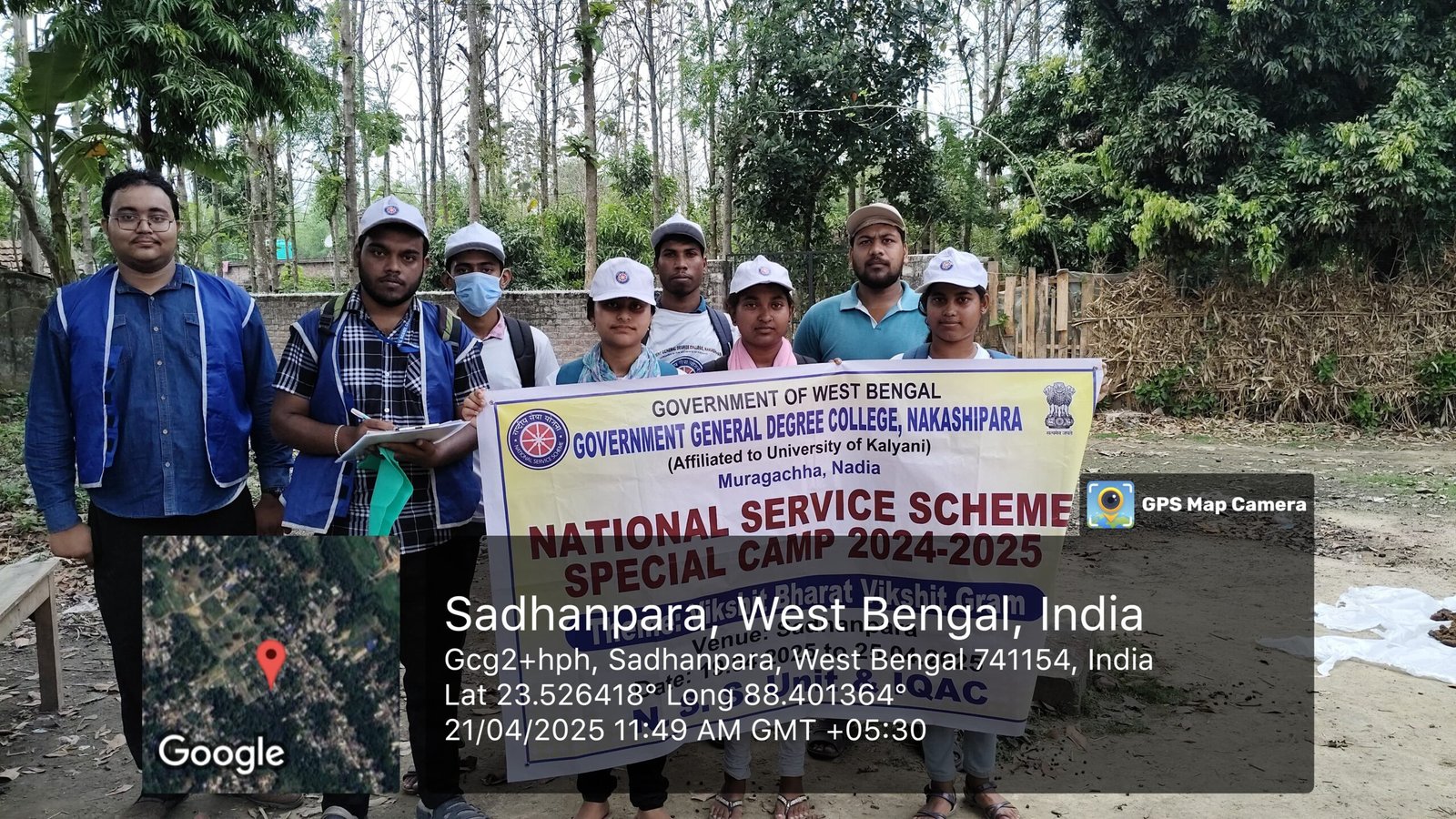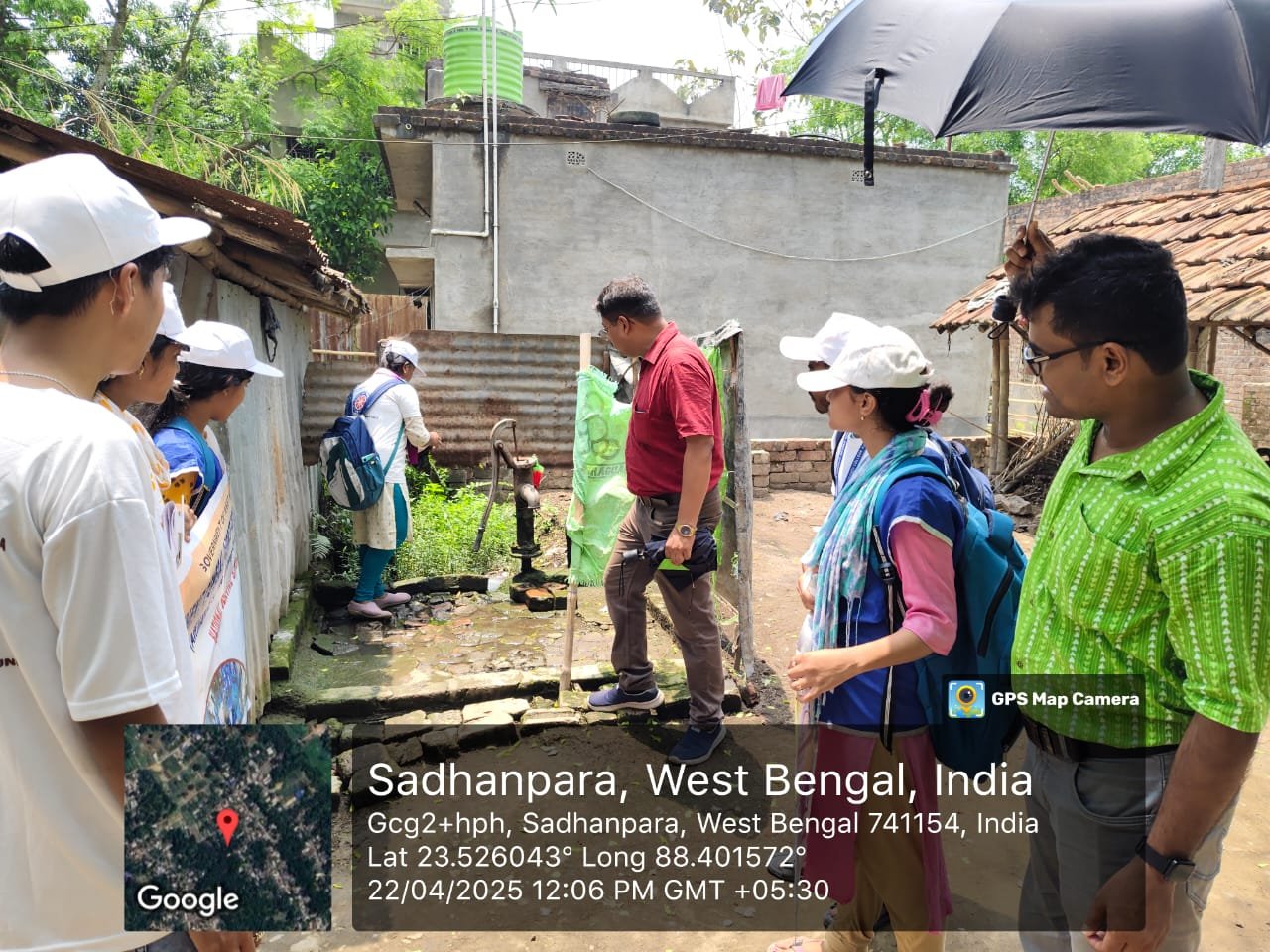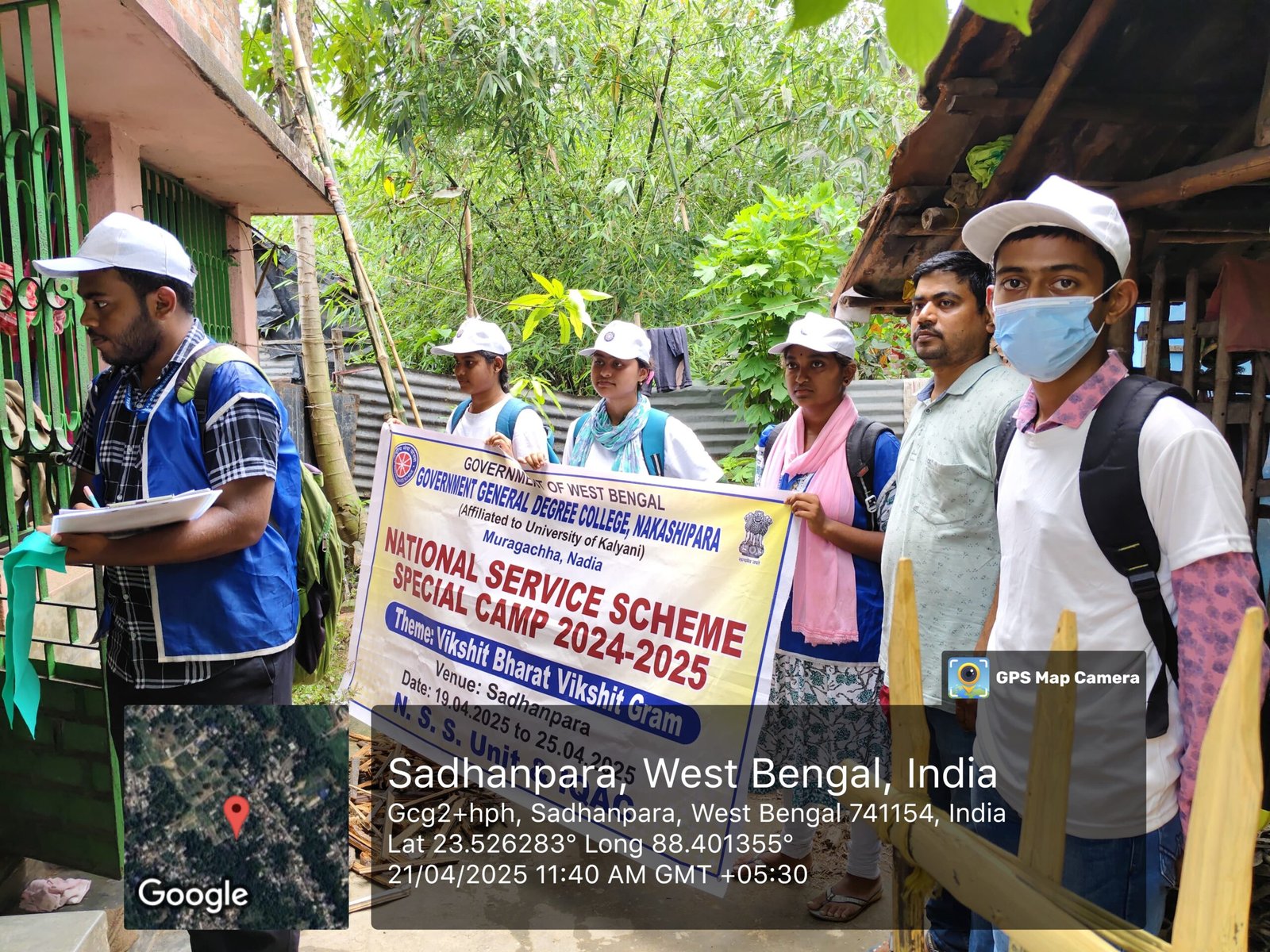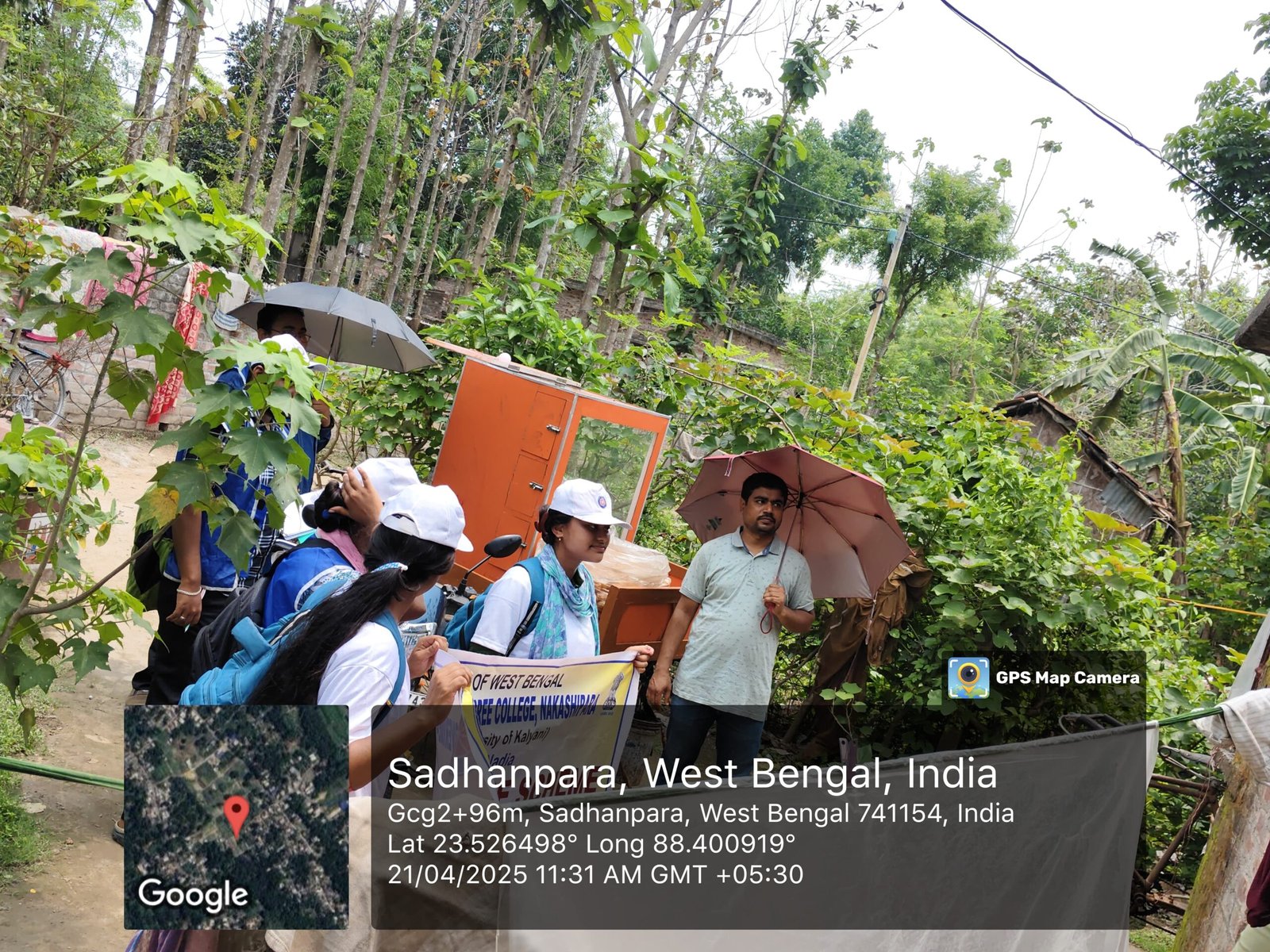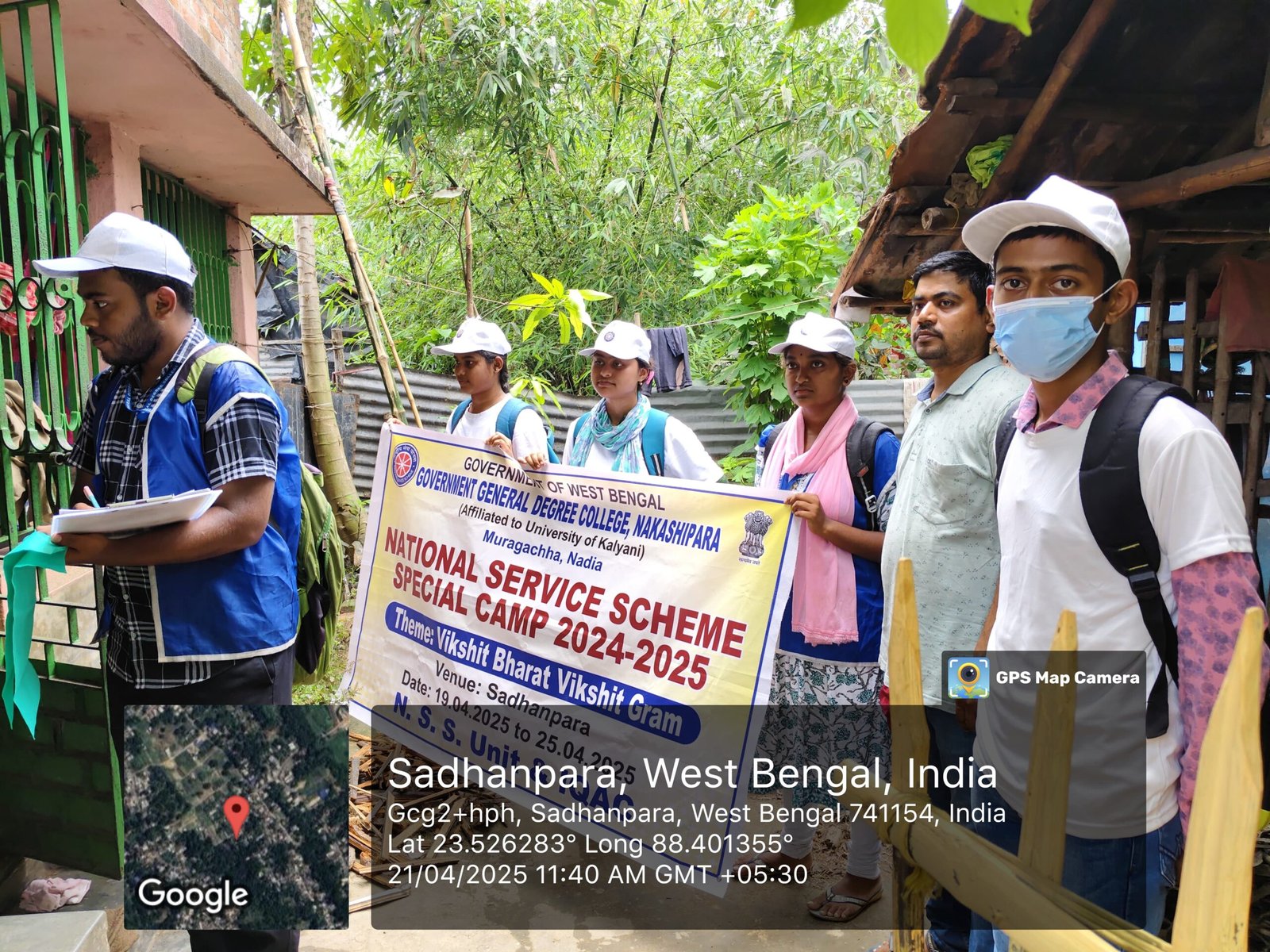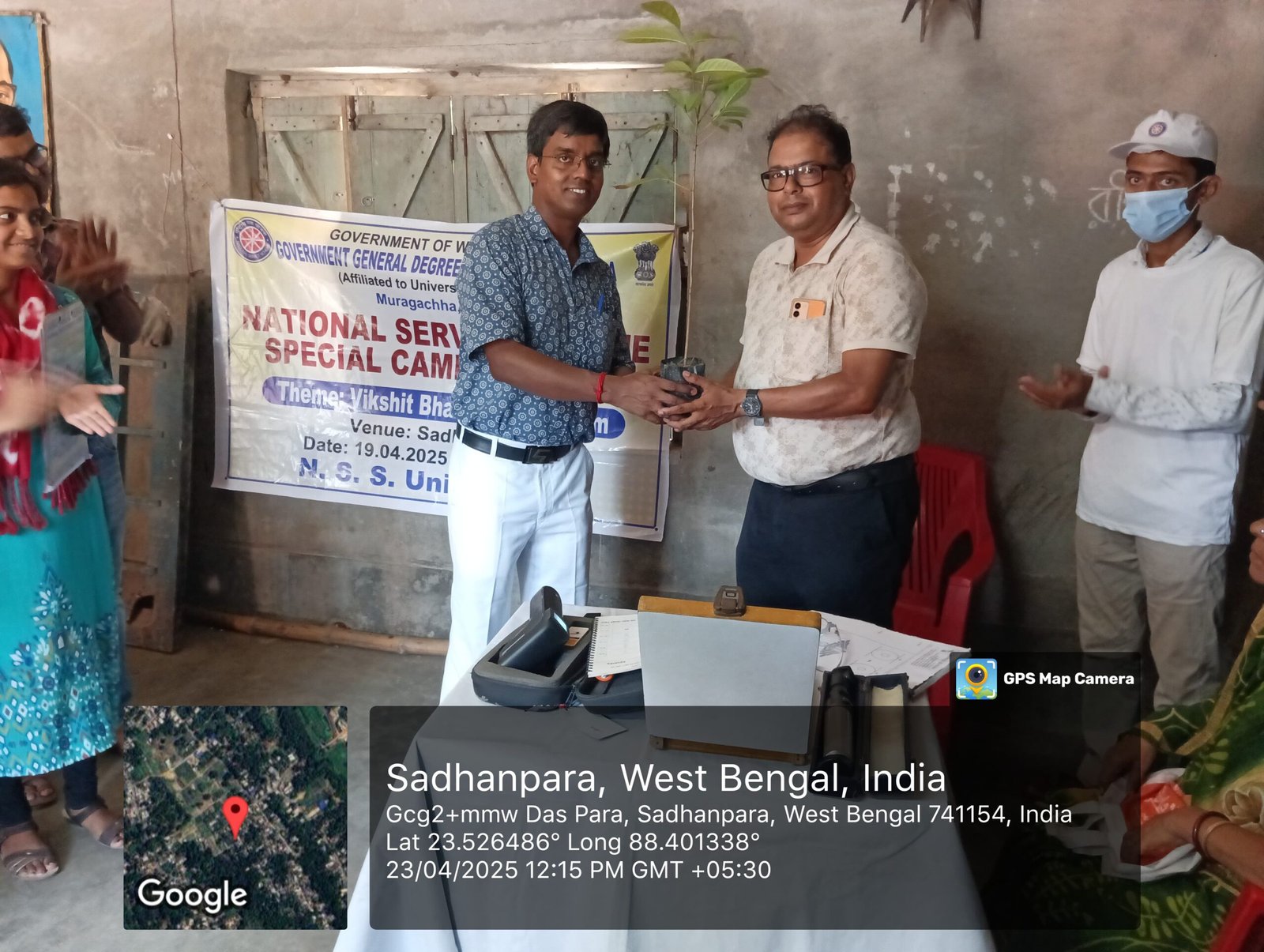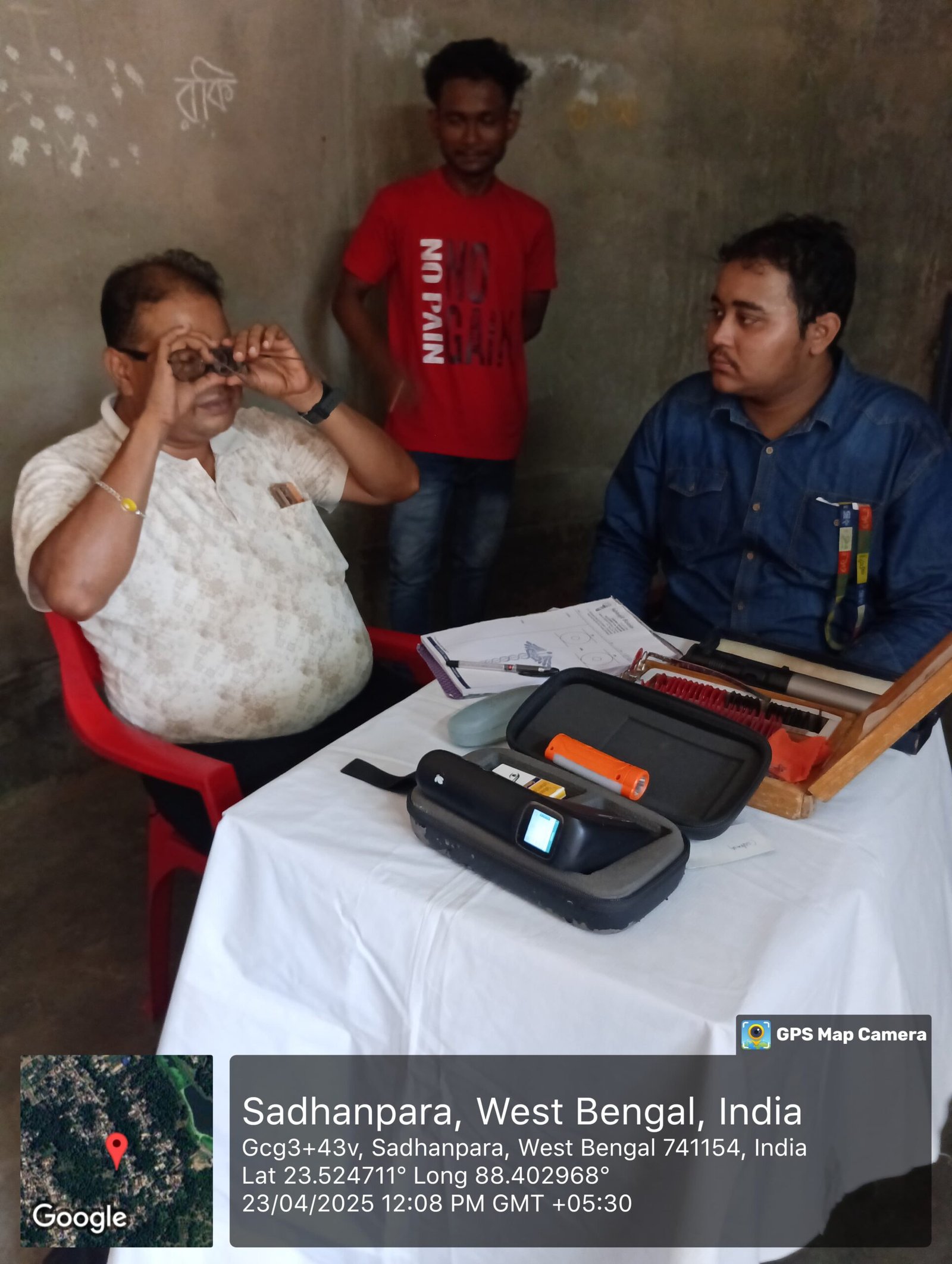
The National Service Scheme (NSS) is an Indian government public service program conducted by the Ministry of Youth Affairs and Sports. It was launched in 1969, during Gandhiji's Centenary year, with the goal of developing students' personalities through community service. NSS is a voluntary association operating in colleges, universities, and +2 level, focusing on connecting campuses with rural communities.
The national service concept post-independence was recommended by the UGC led by S. Radhakrishnan, and backed by the Central Advisory Board of Education (CABE) in 1950. The first Five-Year Plan in 1952 emphasized labor services by students. Jawaharlal Nehru in 1958 highlighted social service’s importance for graduates, leading to the Ministry of Education developing NSS.
NSS’s symbol is derived from the Konark Sun Temple’s Rath Wheel in Odisha, symbolizing creation, preservation, and release. The eight bars represent 24 hours, red color symbolizes vitality, and navy blue reflects the cosmos.
NSS aims to instill social welfare values and encourage unbiased service to society. Volunteers assist the needy, enhance living standards, and offer dignity while gaining valuable life experiences in communities and providing disaster relief.
NSS activities include Regular Activities (120 hours) and Annual Special Camps (120 hours). Volunteers completing 240 hours over two years receive university certificates signed by the Vice-Chancellor.
- Cleaning, Afforestation, Awareness rallies, Health camps, Community surveys, and more.
Held annually in rural or suburban areas for 7 to 10 days. Camps allow volunteers to choose feasible community service activities.
NSS cultivates socially responsible citizens through active community service, fostering empathy and practical experience.
| SL NO | SESSION | VIEW/DOWNLOAD |
|---|---|---|
| 1 | NSS ACTIVITY 2018-2019 | 📥 View |
| 2 | NSS ACTIVITY 2019-2020 | 📥 View |
| 3 | NSS ACTIVITY 2020-2021 | 📥 View |
| 4 | NSS ACTIVITY 2021-2022 | 📥 View |
| 5 | NSS ACTIVITY 2022-2023 | 📥 View |
| 6 | NSS ACTIVITY 2023-2024 | 📥 View |
| 7 | NSS ACTIVITY 2024-2025 | 📥 View |


